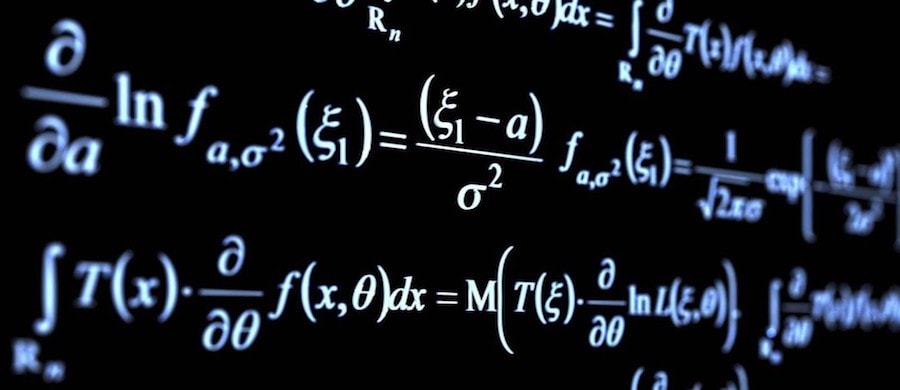
In the interests of good taste and basic decency, you may wish to avert your eyes from the following list: Trigonometry, Quadratic Equations, y = mx + c, Histograms.
Maths?
Yes, Maths. I teach maths. I have some idea of what maths is, but when asked, I'll give the frustratingly vague description of maths as “the study of patterns”. I think a lot of maths teachers and mathematicians will give a similarly indefinite answer, which is not the best PR for a subject that is perceived as being precise, inflexible and unchanging, where statements are “always either right or wrong”. This perception is common amongst students and the general populace and is part of the “maths is difficult” myth.
When were you bitten by the maths bug?
Because it's December I'm going to get seasonal, so here I go: as with Father Christmas, there is no Maths Bug. There's no chimney-scaling, house-invading creepy-crawly that visits children in the night; children love maths. Children love studying patterns. Babies love seeing the same faces regularly yet also love seeing new faces that don't fit the pattern. They love connecting the sounds that they hear to the faces or objects that make those sounds. They love making sense of the causal connections between themselves and the world around them; shaking this rattle makes this sound, doing that movement with my mouth makes that sound. If there was a maths bug, then fortunately I never received the vaccine.
I have always enjoyed solving (or attempting to solve) puzzles and playing games, and that is why still I enjoy maths. The skills that one learns when studying maths are formalisations and abstractions of our natural pattern-creating instincts. There is even a branch of mathematics that can tell us if our pattern-creating minds are seeing patterns that aren't really there – statistics. In secondary maths you learn specific skills such as trigonometry, but what's really important is that you're learning methods for a whole class of problems, then being able to choose the best method for a special case of a process and understanding why each method works. This will in turn let you decide if any of these methods may help when given an unfamiliar problem. And that's useful for everyone.
You want to teach maths?
One of my favourite things about maths teaching is the “eureka moment”. Often it's when a student declares that “oh, it's actually quite easy”, often followed up by “you should have said that in the first place”. One of the most frustrating things about teaching maths is that you did say it several times and in as many different ways as you could. The eureka moments don't just happen, though; they take effort on the part of the teacher and the students.The probably apocryphal story of Archimedes having his eureka moment isn't the story of one moment of genius – it happened because he'd been struggling with a particular problem over a period of time.
You really want to teach maths?
Some good advice for any new teacher of any subject is to think about your least favourite subject or even just topic when you were at school. Why was it your least favourite? What could have been done to make it one of your favourites? Be honest and don't just say “it was boring” or that “the teaching was bad”; if those are your answers then you'll have to accept those answers from your future students. For maths teachers, have a think about why many people will readily admit that they were “never any good at maths”; if you replaced maths with any other subject would they still readily admit that? If you're feeling up for a little social self-sabotage you could even interrogate the next person who admits it (yes, there's always a next person) with such hard-hitting questions as “why not?”, “really?” and the crowd-pleasing “really?” accompanied with raised eyebrow, or failing that, a flat inflection. And that's showbiz.
Todd teaches maths in NZ and the UK. He is also a nutritionist, herbalist, homeopath, naturopath and any other occupation which is unregulated by law and which anyone can call themselves. Ironically, the list of unregulated occupations would also include education consultant; he is currently educational consultant for some maths films being produced for the BBC. Todd has 1 child and 3 kidneys and finds writing about himself in the 3rd person to be - frankly - a little embarassing.
Leave a Reply